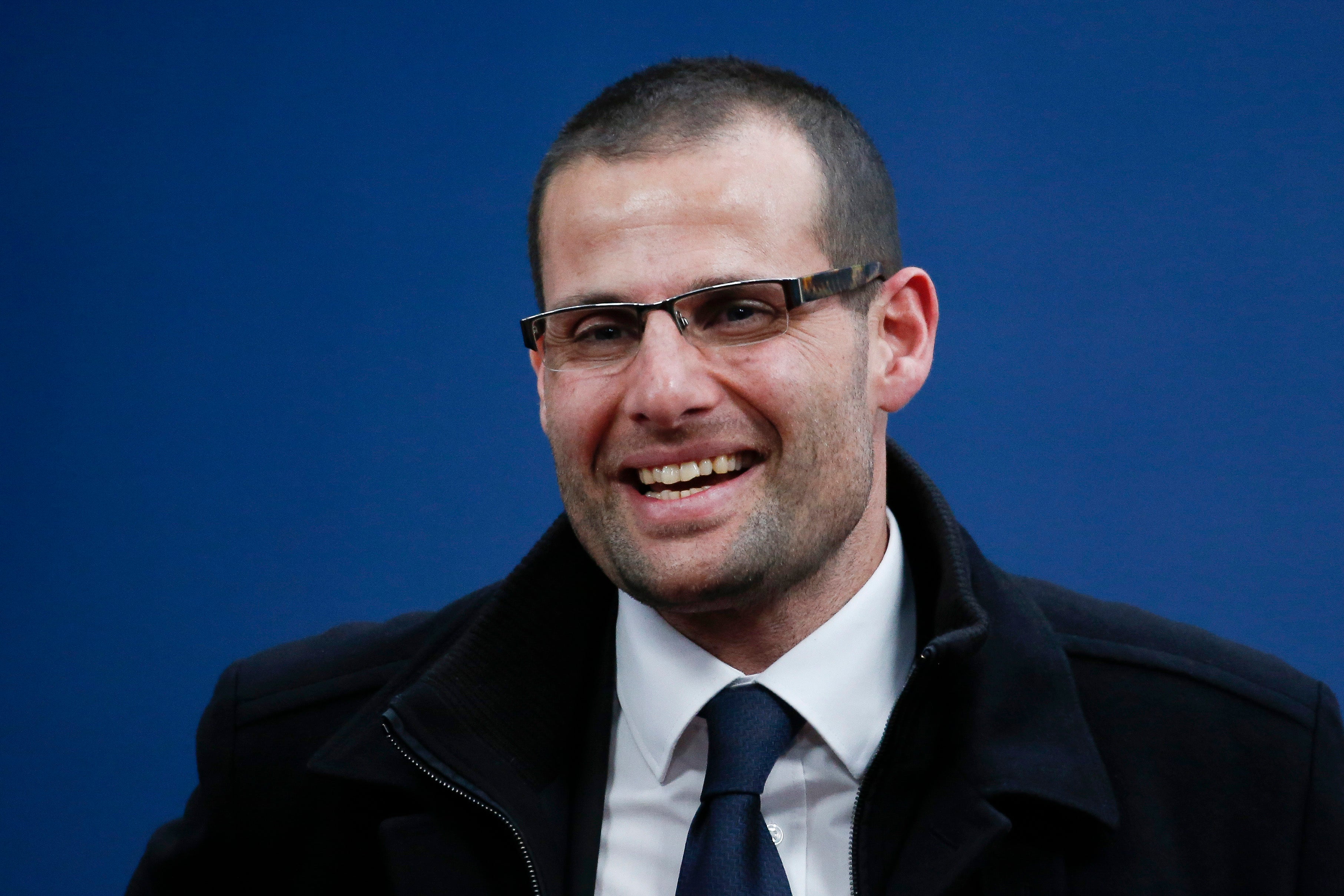Malta to hold March 26 vote to decide next government
Voters in Malta will elect a new Parliament in a few weeks in balloting that will also decide the island nation's next government

Your support helps us to tell the story
From reproductive rights to climate change to Big Tech, The Independent is on the ground when the story is developing. Whether it's investigating the financials of Elon Musk's pro-Trump PAC or producing our latest documentary, 'The A Word', which shines a light on the American women fighting for reproductive rights, we know how important it is to parse out the facts from the messaging.
At such a critical moment in US history, we need reporters on the ground. Your donation allows us to keep sending journalists to speak to both sides of the story.
The Independent is trusted by Americans across the entire political spectrum. And unlike many other quality news outlets, we choose not to lock Americans out of our reporting and analysis with paywalls. We believe quality journalism should be available to everyone, paid for by those who can afford it.
Your support makes all the difference.Voters in Malta will elect a new Parliament in a few weeks in balloting that will also decide the island nation’s next government.
During a political event on Sunday, Maltese Prime Minister Robert Abela announced that the election will be held on March 26 in the European Union nation. He said he will advise the Maltese president to dissolve Parliament to clear the way for the election.
The Labour Party has been in power since 2013, after winning back-to-back elections. The Nationalists are Malta's other main political party. The government’s five-year-term was set to end in June.
In the last election in 2017, Labour triumphed by taking 55% of the votes.
This balloting will be the first time that both the prime minister and his political opponent who leads the Nationalist Party will contest an election as heads of their political parties.
Abela replaced Joseph Muscat as Labour Party leader and prime minister in January 2020. Muscat stepped down in the wake of protests that erupted after the arrest of businessman Yorgen Fenech in connection with the car bomb assassination of journalist Daphne Caruana Galizia, who investigated corruption and ties between business and politicians in Malta.
Fenech was involved in a major power station deal with the government. Last August, an indictment was issued against Fenech on charges of complicity in the journalist's murder. The case is ongoing.
Heading the Nationalist Party is Bernard Grech, who took over in October 2020 after the party was plagued by internal divisions.
In the last five years, opinion polls have showed the Labour Party comfortably ahead of their rivals. The same polls also found a substantial number of undecided voters.
Recent political scandals swirling around Abela or his government might affect the mood of voters.
One of the scandals centered on Abela’s 2018 work as a lawyer on a property deal that allegedly could have been used as a legal loophole to avoid taxes. Abela has written off such scandal news as “political spin” by opponents.
In a possible boost to Labour's fortunes, Malta's economic prospects look bright. According to the European Commission's economic forecast, its economy is expected to grow 6% this year, the highest percentage among EU nations.